AASV warns for Haiti as a source of pig diseases
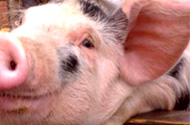
The American Association of Swine Veterinarians (AASV) calls for extra caution for transmittable trans-border diseases from Haiti now the country is slowly recovering from its earthquake, two weeks ago.
In a news item online, the AASV writes that, in the process of getting life back on track again, one of the key issues will be the focus on Haiti’s livestock and large population of stray animals.
US livestock industries
“The response to these issues raises potential concerns for the US livestock industries. There are a number of reportable trans-border diseases endemic or suspected on the island of Hispaniola which, if introduced into the US livestock herd, would have devastating effects on animal agriculture.”
Farm-to-farm spread
“In addition, these diseases can be easily spread from farm to farm as response teams travel around the Haitian countryside. This unintentional transmission of endemic diseases would further damage the already fragile livestock industry on the island. The unimaginable challenges associated with responding to such a devastating catastrophe open the door for a breakdown in the normal biosecurity practices that have been so successful over the years protecting American agriculture and supporting the efforts of farmers in Haiti and the neighboring Dominican Republic to control disease spread within their livestock herds.”
The AASV says to have raised the issue to remind all agencies and individuals whose response efforts bring them into contact with livestock while in Hispaniola, as well as those involved with protecting US livestock, to be aware of the potential impact.
Precautions
The association therefore sums up a list of precaustions to minimise risks.
* enhanced awareness at US ports of entry for folks traveling from Hispaniola,
* reminding responders of the dangers of bringing agricultural products into the US,
* wearing disposable coveralls and boots while on farms in Hispaniola,
* frequent thorough hand-washing and showering between farms if possible,
* personal hygiene should include blowing your nose and expectorating,
* comply with downtime recommendations before coming in contact with US livestock (most recommendations call for at least five days between contact with animals potentially infected with a foreign animal disease and susceptible livestock)
* increased biosecurity awareness on the part of US livestock producers and veterinarians with regards to international travel, foreign visitors and employees.
Related website:
• American Association of Swine Veterinarians (AASV)
 Beheer
Beheer

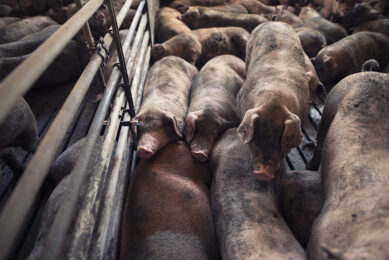
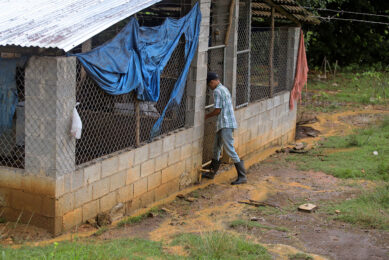
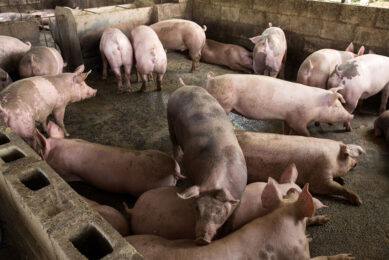
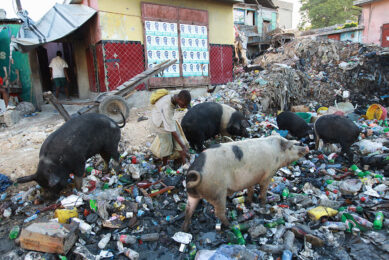



 WP Admin
WP Admin  Bewerk bericht
Bewerk bericht